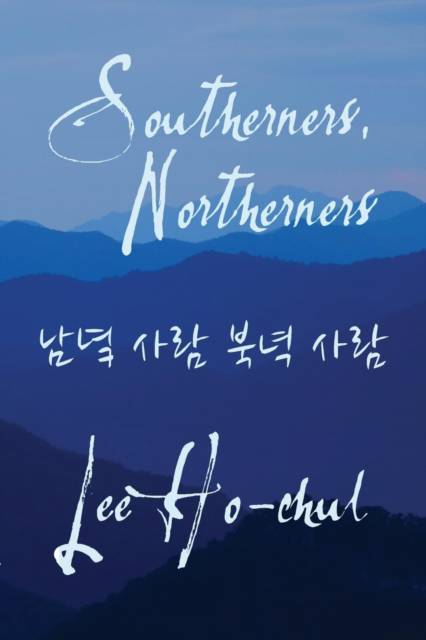
- Retrait gratuit dans votre magasin Club
- 7.000.000 titres dans notre catalogue
- Payer en toute sécurité
- Toujours un magasin près de chez vous
- Retrait gratuit dans votre magasin Club
- 7.000.0000 titres dans notre catalogue
- Payer en toute sécurité
- Toujours un magasin près de chez vous
Description
Shortly after the outbreak of the Korean War, when he was eighteen, Lee Ho-Chul was drafted into the North Korean army. Southerners, Northerners (Namnyŏk Saram Pungnyŏk Saram) is a fictionalized account of his inglorious yet dramatic experiences as a raw recruit and, soon afterward, as a prisoner of war. Beginning with some fascinating vignettes of North Korean high school life and ending with a narrow escape from death, the story offers a unique perspective on the early phases of the war and its everyday realities, from the tragic to the farcical.
But Southerners, Northerners is far more than a war memoir. The author's encounters with men from South Korea, first as volunteers in the North Korean army and later as military police and guards, provoke a searching examination of the difference in ethos that had already emerged between the two Koreas. Moreover, the events of the story constantly spark flashbacks and foreshadowings that stretch from the author's childhood in what was then a Japanese colony to his later years as a dissident in South Korea. This gives the novel a rich texture of association in which the wartime story becomes a focal point for a broad vision of North and South Korea through half a century of history. Ultimately, one man's experience becomes a prism through which are refracted the international forces that have made the Korean peninsula today almost the last outpost of the Cold War.
While this and other works of Lee Ho-Chul have been translated into many languages, this is the first time a complete novel by this major figure in contemporary Korean literature has been published in English. The novel won the prestigious Daesan Literary Award for Fiction when it was published in 1996. The English translation has been prepared in close consultation with the author.
Spécifications
Parties prenantes
- Auteur(s) :
- Traducteur(s):
- Editeur:
Contenu
- Nombre de pages :
- 250
- Langue:
- Anglais
Caractéristiques
- EAN:
- 9781788690416
- Date de parution :
- 28-02-18
- Format:
- Livre broché
- Format numérique:
- Trade paperback (VS)
- Dimensions :
- 152 mm x 229 mm
- Poids :
- 371 g

Les avis
Nous publions uniquement les avis qui respectent les conditions requises. Consultez nos conditions pour les avis.






